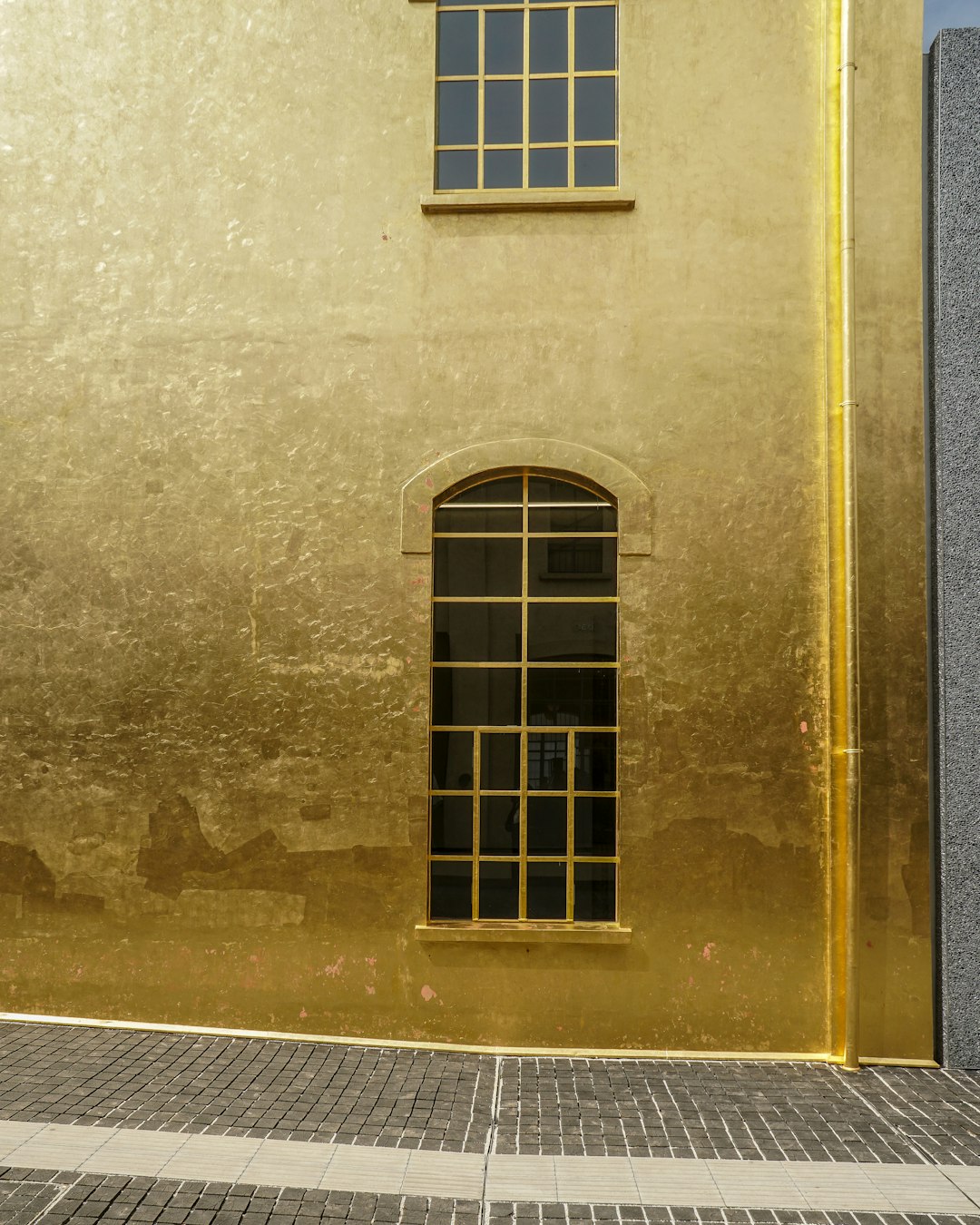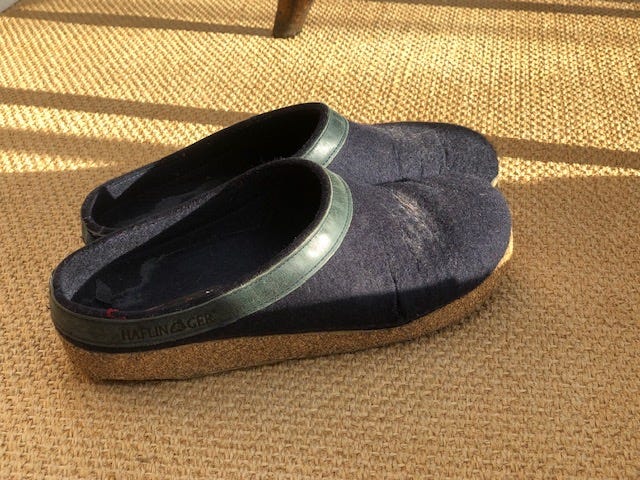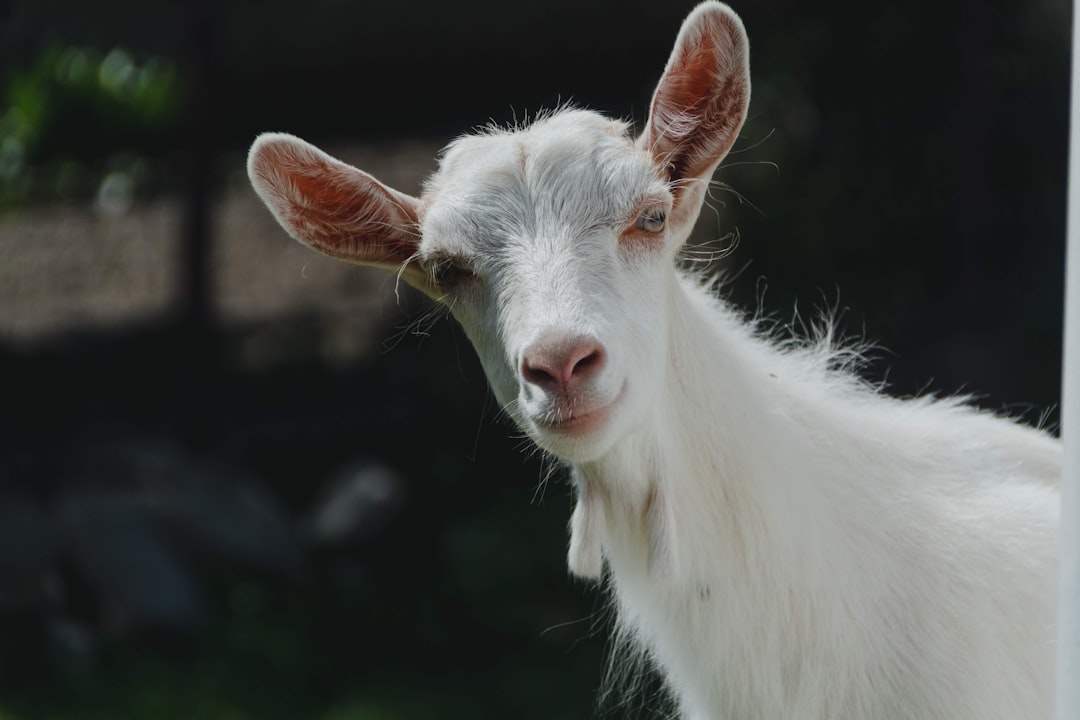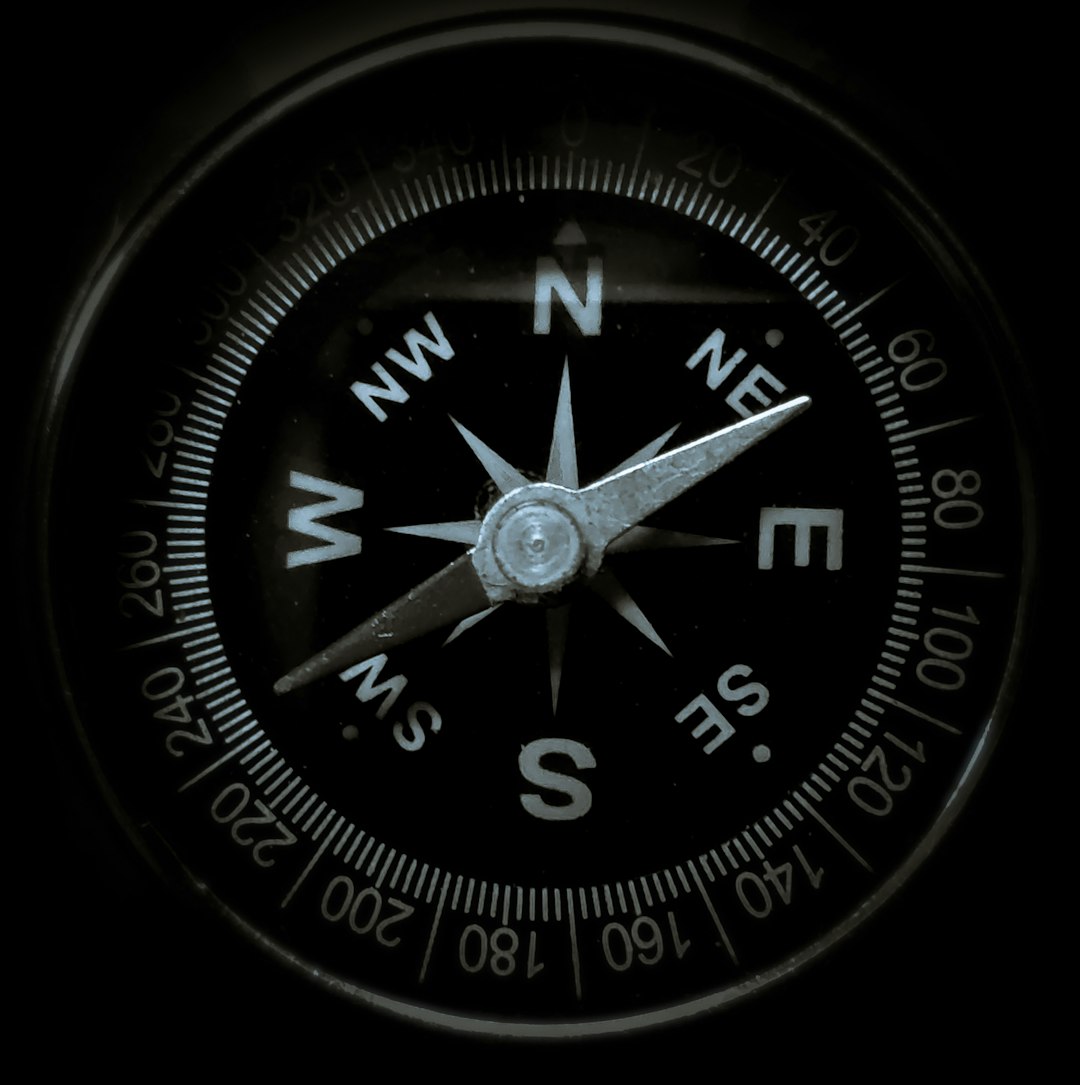108. Old gold: We're not moving
The time my brother and I dug our heels in. And is 'home' actually just a pair of (ruby) slippers?

Dear Reader,
I’ve been enjoying spending time recently at the house in which I grew up, and in its honour I’ve dug down to around this time last year to unearth this buried treasure of a post, which is all about home.
If you’re reading ‘WE’RE not moving!’ for the first time today, I’m so glad you’re here! And of course even if you have seen this post before, I hope you’ll still enjoy the read.
Love,
Rebecca
WE'RE not moving: the time my brother and I dug our heels in. And is 'home' actually just a pair of (ruby) slippers?
Dear Reader,
I’ve always worn slippers in the house, and my feet feel wrong without them. Nothing demonstrates ‘home’ to me more than my warm feet in their cosy slippers, wherever my feet might be at the time.
I’ve had this navy blue pair for years. I know, it shows:


I’d added ‘Slippers!!!’ to my Christmas list last year, and then, when my walking boots finally bit the dust in late November, crossed it out in favour of ‘Boots!!!’
(Multiple exclamation marks are mandatory on Christmas lists. Y’know, excitement!)
I loved my new boots last Christmas, but for my birthday earlier this month I got these treats for my feet:

My happy feet have a new home – goodbye to the cosy tumbledown cottage of my navy blue slippers and HELLO bright red contemporary apartment!
Comfy feet aside, home is everything to me. Whenever I’m away, despite my navigational challenges meaning that I can’t generally ever point myself in its direction, part of me will always be there. It’s the centre of my compass.
(My metaphorical compass, that is. Reader, you and I both know that I have a total inability to engage with any confidence with actual navigation tools, don’t we?)
Since I got married, home has been a little semi-detached two-bedroom house halfway up a lane in a small village in the south-east corner of rural England. Although two rooms could technically be used as bedrooms, only one of them is – we use the other as an office and general dumping ground. I tidied the desk just yesterday, and it’s nice to see some space on it now that I’ve stacked a load of ‘where-does-this-go?’ paperwork onto my latest pile of denial, stowed two hole punches, two staplers (sans staples) and four (FOUR!) reels of Sellotape into a drawer, and corralled a gleaming rash of free-range paperclips into a box that’s too big for them.
But if you asked me ‘Rebecca, where is home?’ I would actually tell you about somewhere else, eight miles and nine roundabouts away. Twenty minutes’ drive. In fact I’m heading there shortly for a cup of coffee with two of my favourite people in the world.
🏡
That home is where my family moved to in 1976, when I was nearly two. It was only a little house: a ‘through’ reception room taking up half of downstairs, the entrance hall and stairs taking up a quarter, and then a small kitchen in the remaining quarter at the back. Upstairs were three bedrooms, a bathroom containing a bath and basin, and then a separate loo. The house sat near the front of a large plot near a busy main road, and there were two paddocks at the back, perfect for animals.
Dad registered our address as a smallholding1. We were given two orphan lambs, and once they grew up and needed shearing, Mum learned to spin and weave, her new-found passion for textiles providing good use for their fleeces. We kept pigs: ginger-haired Tamworths, and in due inevitable course had to get to grips with the mincing and sausage-filling attachments on Mum’s Kenwood mixer. Bantams, geese, ducks, more sheep and goats followed – albeit not through the sausage attachment – and before long, with the vegetable garden in the full throes of production as well, we were entirely self-sufficient. Dad even kept bees.
The goats, Annie and Polly, were great characters. They had amusingly deep voices for ladies. Polly had toggles, Annie didn’t. They both had beards until we noticed that those would become a matted, sticky mess from being dipped into their breakfast buckets of warm sugar-beet pulp. Quickly tiring of her daily beard-rinsing responsibilities, Mum dug the haircutting scissors out.

The milkman would come early every morning with our delivery until Mum summoned up the courage to cancel our order. ‘We’re not going to be needing you any more, I’m afraid’, she told him, as brightly as she could. ‘We’ve got goats!’
He was deeply unimpressed. And rude. ‘I hope the buggers die’, he snapped as he stomped back down the drive.
Dad built a milking platform in the goat house, and Mum would milk the goats by hand into a wide, slope-sided bucket. We had a great system for cooling the milk immediately, which meant the goaty flavour that can be common to goats’ milk would never really develop, and with more milk than we knew what to do with we soon got stuck in with making butter and soft cheese. My lasting memory of the flavour of the cheese was pure garlic, no goat – the garlic crop in our vegetable garden would thrive outrageously, producing bulbs absolutely bursting with pungent cloves. Keen to take every opportunity to use whatever the garden would provide, Mum would add garlic to everything.
Reader, I’m 48 now2 and I still can’t eat spinach soup. Our inescapable impressive garlic gluts used to coincide with the annual proliferation of spinach, and I’m not over it yet.
🧄
The bantams – tiny hens with disproportionate attitude – took ‘free range’ to another level, and if Dad forgot to clip their wings regularly they would roost high up in the conifer hedge between the house and the paddocks. They didn’t believe in nestboxes, but we got to know where each hen preferred to lay, doing the rounds of the hedges and the outbuildings to collect their daily treasures. Once it had occurred to us that we could actually call the shots, we acclimatised the hens to living in a henhouse, and despite their baleful, beady-eyed protests, in just a couple of weeks they’d become accustomed to their new home.
Home. Home was wonderful. And yet…
‘We’re going to be moving.’
Dad, a pilot, was going to be working out of a different airport, and we needed to be located closer to it.
My brother and I couldn’t believe it. Why would we want to leave our lives here?
🤷♂️
The ‘For Sale’ board went up on the verge outside the gate, and people started to come for viewings. ‘Best behaviour, you two!’ We would nod angelically.
But Reader, we all know that small children like to share their views.
‘WE’RE not moving.’
My brother held the gaze of the two strangers, the way a small child does when he’s challenging adults with what he knows – and they don’t – to be a hard truth.
‘This wall is hollow. SEE?’ He knocked on it, hard, and raised his eyebrows, seeking a reaction. This was a stud wall that Dad had put up to divide our big living room into two smaller rooms, so that we now had a much smaller sitting room and separate dining room. The couple viewing the house smiled anxiously and looked at each other. Dad wasn’t best pleased.
Despite being determined not to engage with the plan, we weren’t actually ganging up on our parents, the two of us. We just knew that WE didn’t want to move. WE weren’t moving, so that’s exactly what we told people.
😕😕
People viewing would make comments. ‘Tiny bedroom’, they’d say about my room, which was right above the front door.
Tiny? It might have looked tiny in the early days, when my brother and I had bunk beds in our shared bigger bedroom. Back then, what became my room had been the spare room, with a double bed touching three of its four walls at the same time. But now, thanks to some clever Dad-gineering, it had a high-level bed with a huge desk beneath it, a three-shelf bookcase stuffed with my favourite Enid Blytons, a two-cupboard wardrobe with built-in chest of drawers, its white formica front plastered with the stickers that Dad would bring back from his trips. The restricted floor space was just the right size for the handspun, dyed and woven rug my mum had made3, with its pattern of stripes and checks in shades of pink running from the door to the window. The windowsill, right above the front door, was full of my treasures: the red-painted wooden horse with my name on it that had been a gift from our Swedish au pair when I was a baby; a glass tube full of stripy layers of coloured sand that Granny had given me when we went to the Isle of Wight ‘where the sand actually IS stripy, darling’, and the Russian doll that had fascinated me ever since I’d been given it for Christmas when I was tiny. ‘LOOK! There’s another one inside! And another one!’
I think we all felt unsettled that we were going to be moving. And all of those people filing in and out, who despite saying they wanted the house would persist in putting it down at every opportunity, thinking aloud to each other about how they would improve it.
Improve it? Surely it was perfect?
The process ground on. Realising that we’d be in a better position to find somewhere new to live if we didn’t have a small-scale menagerie of farm animals coming with us, my parents made enquiries as to who might take them. To our dismay Annie and Polly were taken to live elsewhere.
Our godparents and their boys came to visit. Over lunch the grown-ups were talking about our plans to move. Mum was really sad. ‘All those people viewing just all keep telling us what they’d do to the house to improve it.’ She went on to describe some of the ideas she’d heard.
‘YOU could do all that!’ said my brother’s godfather. Never one to waste time, he stood up from the table immediately, dropping his napkin on the floor. ‘Come on!’
He threw opened the front door and strode down towards the front gate with the rest of us in pursuit. He wrenched the ‘For Sale’ board out of the ground.
‘There you are!’ Clapping his hands together, he asked: ‘Right, where shall we start?’
🥳
What had been feeling like rather a sad day improved immediately. Until my brother asked: ‘Can we get the goats back now?’
Reader, we stayed. Dad’s commute to work was longer, but his move to Heathrow coincided with a well-timed switch to the long-haul roster, so his trips to and from the airport were fewer.
The goats didn’t come home, nor did we reestablish contact with the surly milkman. We’d buy our milk from the supermarket instead. Actually, I stopped drinking milk altogether after the goats had gone: I found cows’ milk so rich it would make me feel sick. And we wouldn’t buy goats’ milk from elsewhere, because it tasted too goaty. Not like ours. Weird.
Over the years my parents have made many improvements to what is now a rather bigger house. And a while ago, before they had some work done on the roof, Dad emptied the loft.

In it he found a packing case, still unpacked from the move in 1976. It was heading for the skip with the stuff he’d decided was rubbish.
‘Aren’t you going to unpack it, Dad?’
‘Well, we obviously haven’t ever needed whatever it is that’s in here, so no!’
Reader, it didn’t go into the skip – its new home is the darkest corner of the garage. Still unpacked on purpose, its contents are still a mystery.
📦?
I’ve lived in many places – a student bedsit, a friend’s sofa while I found grotty digs in London, grotty digs in London, my first-step-on-the-housing-ladder tiny flat, Germany, home again in true boomerang kid style, then a little house in the village where I found both my feet and my husband. And now we live in what used to be just his little house, a twenty-minute drive away from HOME home.
Home isn’t just bricks and mortar, though – it’s all sorts of other things too.
It’s a freezer full of homecooked meals.
It’s a cup of strong tea in bed first thing in the morning.
It’s ‘our’ tame blackbird who comes for breakfast every day.
It’s the place I grew up, and the place I live now.
Home is knowing that I’ve always been loved.
Reader, home is the centre of my compass.
And it’s my comfy feet in their new pair of slippers.
The red ones.
Unlike Dorothy, though, I don’t have to click the heels of mine together three times to get home.
I’m already there.
Love,
Rebecca
If you enjoyed this post, please let me know by clicking the heart. Thank you!
What does home mean to you? Do let me know below!
Thank you for reading! If you enjoy ‘Dear Reader, I’m lost’, please share and subscribe for free.
A smallholding is a home with a piece of land larger than a garden but smaller than most farms. This land can be used to grow crops or rear animals. Generally acknowledged to be anything with fewer than 50 acres of land, smallholdings can range from small, allotment-style plots to, essentially, small mixed farms.
From arbtech.co.uk
In fact ours was less than an acre, but enough for a keen family of four to live a self-sufficient lifestyle.
This is a total lie: I’m actually 49 now! However, I have not edited this post since I wrote it aged 48. 😉
Of course it was. She’d made it from scratch to fit the space. And it was beautiful. My brother had a blue one in the same design.




What a wonderful piece! At, 71, I have moved 30 times, excluding college moves but I still have such a strong sense of home. It remains a lovely and poignant memory that I carry with me. Thank you for bringing my home to the forefront again !
I laughed out loud several times. I love the ‘revisions’ in your writing.
My mom has new slippers permanently on her Christmas list. They are a must for all of us.
Your story is a delight. Thank you for sharing it with us. 💕